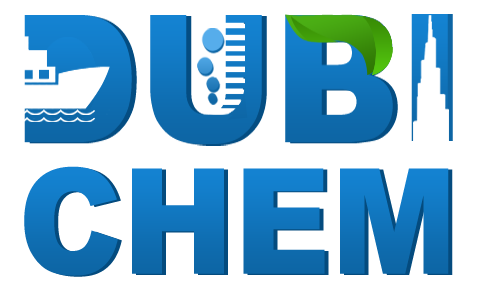Lauric acid or systematically, dodecanoic acid, is a saturated fatty acid with a 12-carbon atom chain, thus having many properties of medium-chain fatty acids, is a bright white, powdery solid with a faint odor of bay oil or soap. The salts and esters of lauric acid are known as laurates.
Lauric Acid is used for preventing the transmission of HIV from mothers to children. Other uses for lauric acid include treatment of bronchitis, gonorrhea, yeast infections, chlamydia, intestinal infections caused by a parasite called Giardia lamblia, and ringworm.
Lauric acid is used for treating viral infections including influenza (the flu); swine flu; avian flu; the common cold; fever blisters, cold sores, and genital herpes caused by herpes simplex virus (HSV); genital warts caused by human papillomavirus (HPV); and HIV/AIDS
Other uses for lauric acid include treatment of bronchitis, gonorrhea, yeast infections, chlamydia, intestinal infections caused by a parasite called Giardia lamblia, and ringworm. In foods, lauric acid is used as a vegetable shortening. In manufacturing, lauric acid is used to make soap and shampoo.
LAURIC ACID PURE Dodecanoic acid
